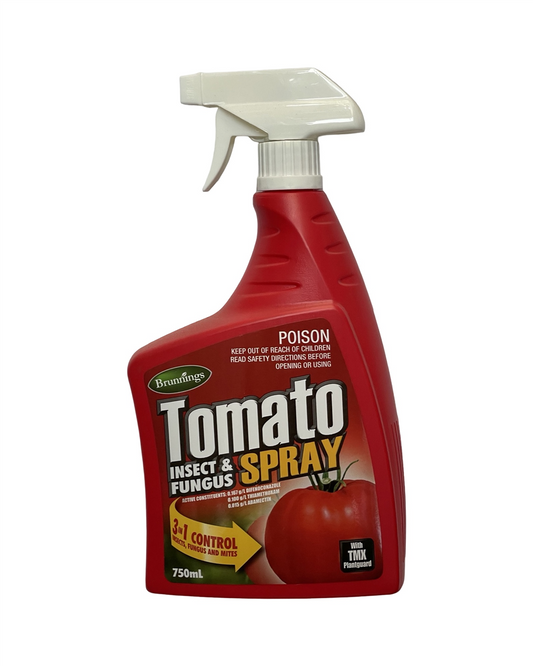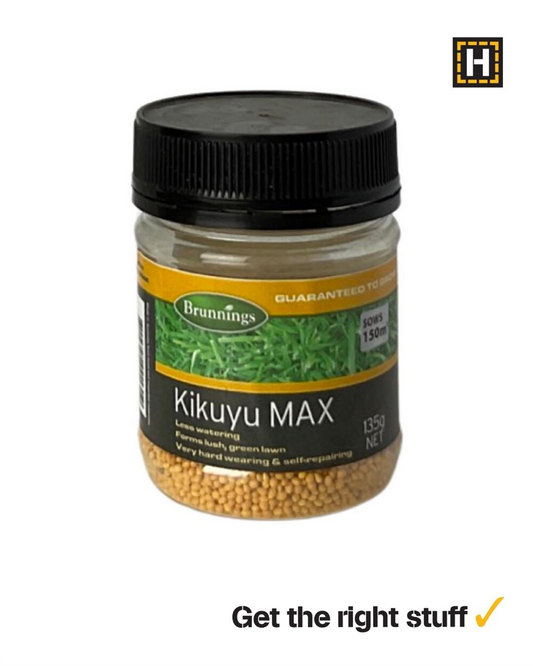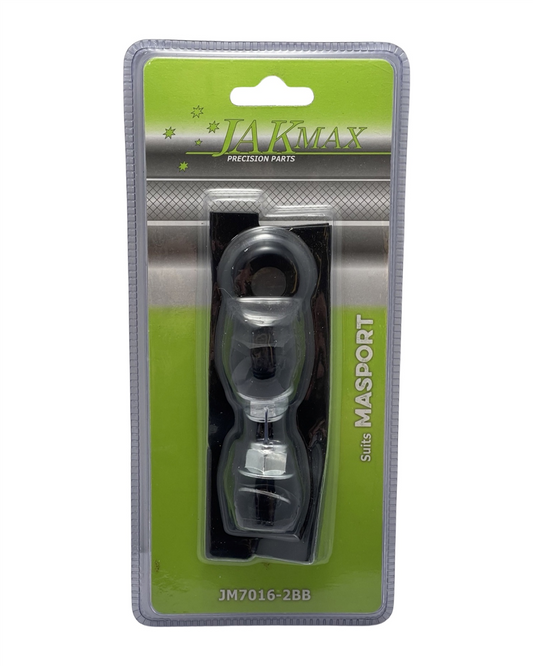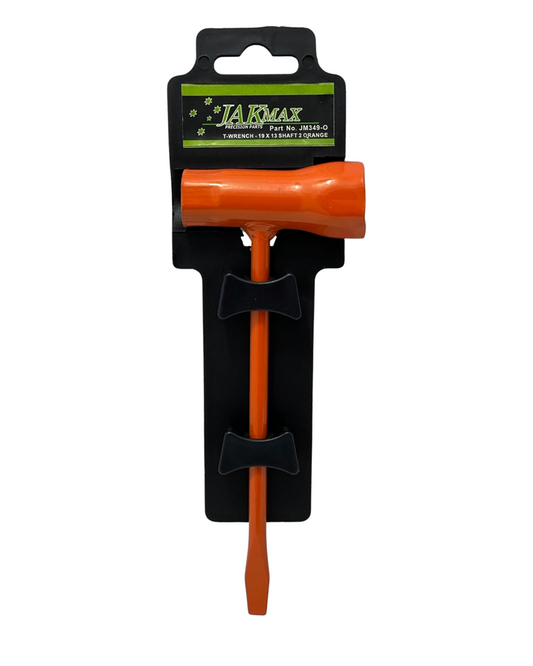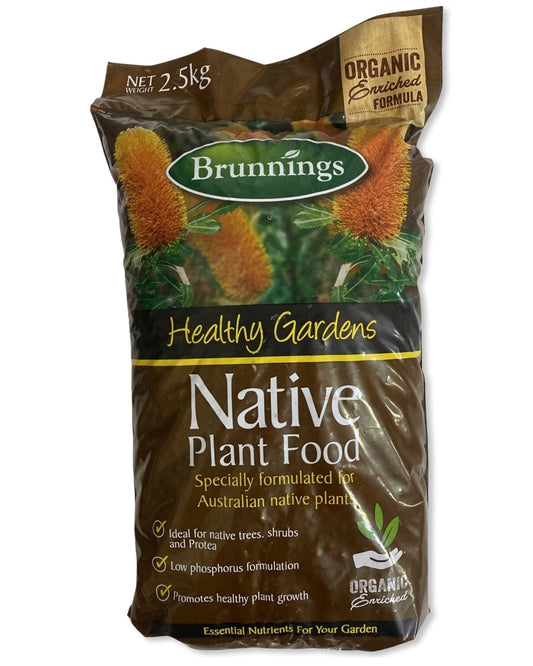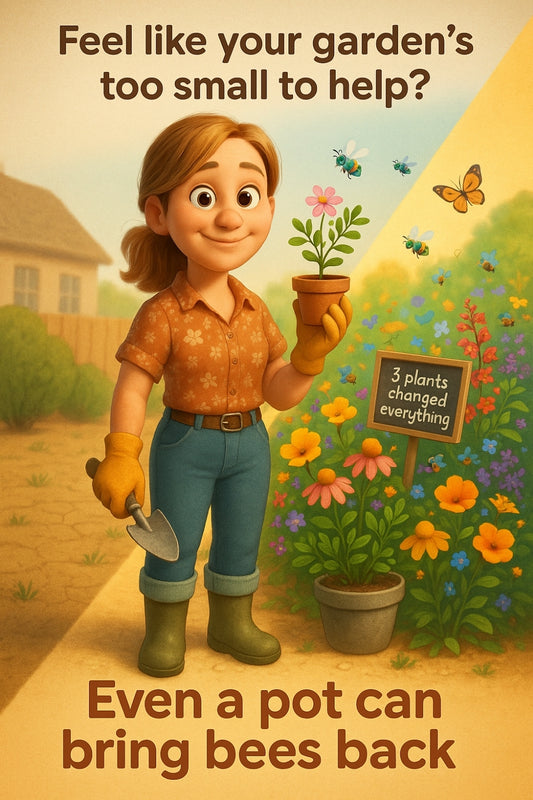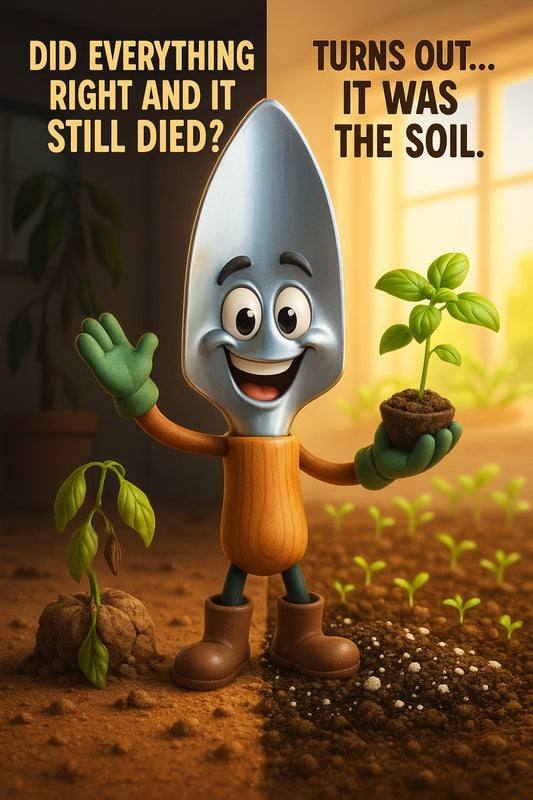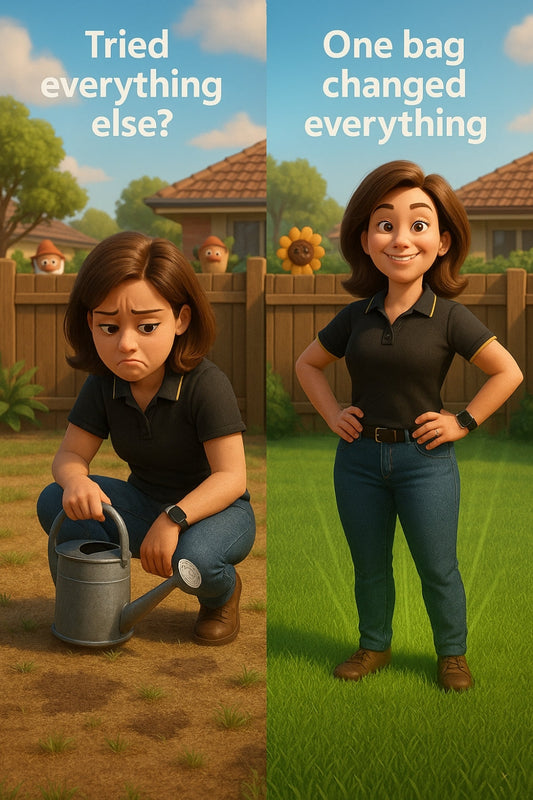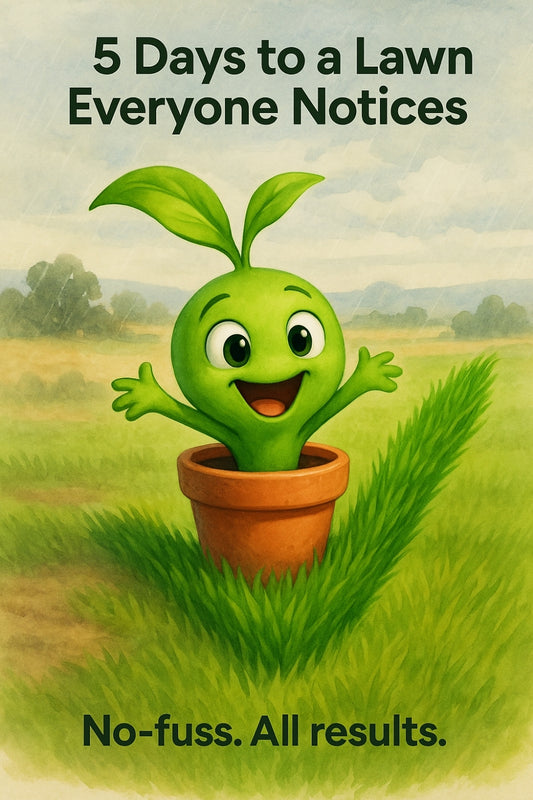Simple ways to compost kitchen waste for vegetable gardens
Share
Easy Ways to Compost Kitchen Waste for a Thriving Vegetable Garden
Starting a vegetable garden is exciting. But keeping your plants happy and healthy? That’s where composting comes in. It’s nature’s way of recycling, turning food scraps into nutrient-rich goodness for your garden. It’s like magic, but better—because you’re in control.
Why Compost? Because Your Plants Will Love You for It
Soil is like a pantry for plants. The better stocked it is, the stronger and lusher your veggies will grow. Compost adds much-needed nutrients, improves soil structure, and helps retain moisture. Plus, it means less waste going to landfill. So, if you’ve ever felt guilty tossing out food scraps, composting is an easy win.
What Can You Compost?
Not all kitchen waste belongs in the compost. Stick to these basics, and you’ll be on the right track:
- Fruit and vegetable scraps – Think peels, cores, and even that forgotten lettuce at the back of the fridge.
- Coffee grounds and tea leaves – Your morning brew is just as good for your plants as it is for you.
- Eggshells – Crushed up, they add calcium, which is great for tomatoes and other fruiting plants.
- Crushed nutshells – Except for walnut shells, which can be toxic to plants.
- Paper towels and napkins – As long as they aren’t soaked in oils or chemicals.
Avoid meat, dairy, oils, and anything heavily processed. These can attract pests and slow down your compost’s progress.
Simple Composting Methods for Any Space
1. The Classic Compost Bin
If you have a backyard, a simple compost bin is a fantastic solution. Choose a well-draining spot, add your scraps along with some dry leaves or grass clippings, and give it a turn now and then. Within a few months, you’ll have rich, dark compost ready for your veggie patch.
2. The Lazy Compost Pile
No bin? No problem. A compost pile works just as well. Designate a corner of your garden, layer your food scraps with garden waste, and let nature take care of the rest.
3. Bokashi Buckets for Small Spaces
If you’re short on space or want an indoor option, a bokashi bin is a great choice. This system ferments food with the help of beneficial microbes. It works on almost all kitchen waste—including small amounts of meat and dairy. Once fermented, the mixture can be buried in the garden to finish breaking down.
4. Worm Farms for Richer Soil
Worm farms are composting powerhouses. These little wriggly workers turn your scraps into nutrient-packed worm castings and liquid fertiliser. Perfect for those who love the idea of composting but prefer a tidier, faster process.
Tips for Composting Success
- Balance is key – A healthy compost pile has a mix of greens (food scraps) and browns (dry leaves, shredded paper).
- Keep it moist – Think damp sponge, not swamp.
- Turn it occasionally – This adds oxygen, helping it break down faster.
- Keep meat and dairy out – Unless you’re using a bokashi bin.
When Is Your Compost Ready?
Your compost is good to go when it’s dark, crumbly, and smells earthy. Spread it over your veggie garden, mix it into the soil before planting, or use it as mulch around growing plants.
Composting is an easy way to feed your garden while reducing waste at home. And the best part? Watching your plants flourish, knowing you did that with just your kitchen scraps.
Happy gardening! 🍃
 Stay Connected
Stay Connected
Join our gardening community on Facebook the Urban Gardener's Notebook
And follow our Store Facebook Page: Strathalbyn H Hardware on Facebook

